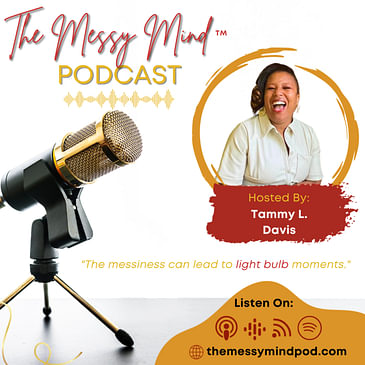Ready for Part 2?
Nancy Bucher (linkedin.com/in/nancy-bucher) and I continue to discuss the realities of entrepreneurship, the challenges you might face, and how to prepare yourself mentally and emotionally for this exciting journey!
If you know someone who would benefit from this episode, please share it with them! Sharing is caring, and if that sounds like you, please consider rating and reviewing the show! This helps me support more people, just like you, who want to embrace the messiness as they know it can lead to lightbulb moments.
Click here, scroll to the bottom, click Tap to Rate with five stars (Apple Podcast), and select “Write a Review.” Then be sure to let me know what you enjoyed most about the episode!
Be sure to check out our websites and LinkedIn page:
Get Tammy's newly released book: https://bit.ly/getthesecretsbook
LinkedIn Page: https://www.linkedin.com/in/tammydavis1/
Join our community: https://bit.ly/themessymindnewsletter
The Relate Lab: https://bit.ly/therelatelab
Company Website: https://nexlevelconsultingllc.com
